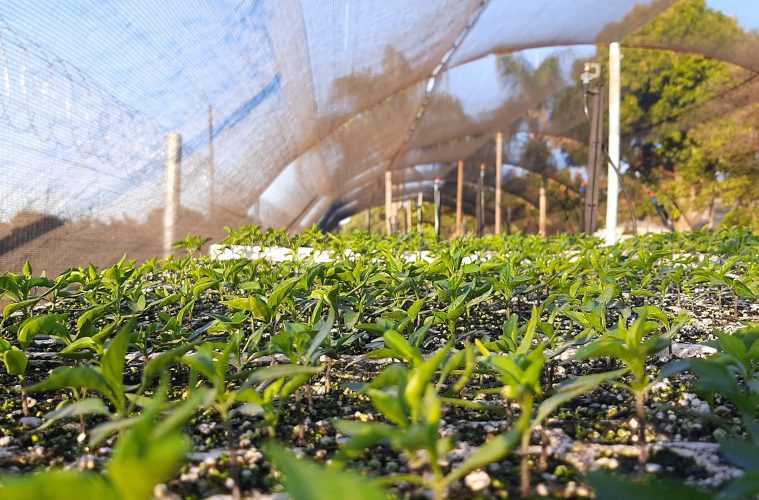South African Minister for Forestry and Fisheries and Environmental Affairs, Barbara Creecy, is leading the charge in advocating for the phase-out of highly hazardous pesticides in the agricultural sector. This commendable move comes as a result of the adoption of a groundbreaking framework, which was a pivotal outcome of the 5th session of the International Conference on Chemicals Management held in Bonn, Germany, in September.
The primary objective of this international conference was to establish a comprehensive “Beyond 2020” chemicals and waste global policy framework. Minister Creecy and her team celebrated the adoption of this forward-thinking framework that envisions a safer, more sustainable future for our planet.

Unsplash
The framework, among other goals, sets the ambitious target of phasing out highly hazardous pesticides in agriculture by 2035. This move is particularly significant when the associated risks have not been effectively managed, and safer alternatives are readily available. The impact of this transition will not only be confined to the realm of agriculture but will also strengthen the interconnectedness between chemical management and crucial global agendas like climate action, biodiversity conservation, human rights, and public health.
Minister Creecy proudly acknowledged the dedication of the South African negotiating team, which played a pivotal role in these international discussions as part of the Africa group of negotiators. This collaborative effort demonstrates South Africa’s commitment to addressing the environmental and health challenges posed by hazardous pesticides.

Unsplash
The Global Framework on Chemicals Fund is a key mechanism aimed at supporting stakeholders, especially those in developing countries, in implementing priority targets related to chemical and waste management. Minister Creecy highlighted the fund’s vision of achieving a planet free from the harmful effects of chemicals and waste, ultimately contributing to a safe, healthy, and sustainable future. This vision is put into action through concrete targets and guidelines across various sectors involved in the entire life-cycle of chemicals, with the ultimate goal of enhancing the sound management of chemicals and waste.
Importantly, the most vulnerable populations, including the poor, stand to benefit significantly from the environmentally sound management of chemicals. These groups are often the hardest hit by the adverse effects of chemical pollution and improper waste disposal.
Financial support for the Global Framework on Chemicals Fund will come from various stakeholders, including the private sector. Host country Germany has pledged €20 million to support the fund, while France has committed to contributing €400,000 in 2024. This international collaboration exemplifies the global commitment to addressing chemical pollution and its impacts comprehensively.

Unsplash
Governments worldwide have also promised to establish a regulatory environment by 2030 that will reduce chemical pollution and promote the use of safer alternatives. Industries are equally engaged in this mission, committing to managing chemicals in a way that minimizes pollution and adverse impacts.
Minister Creecy’s leadership and South Africa’s active participation in this global initiative underscore the nation’s dedication to safeguarding the environment, public health, and sustainable agriculture. It sends a resounding message that the world is ready to embrace change and prioritize the welfare of both its people and the planet.
Feature image: Pexels

